8 cult sentences of French politicians: between promises and paradoxes
The French political scene is dotted with cult sentences which, beyond their immediate impact, have often revealed whole sections of the personality of their authors or the ironies of their journey.
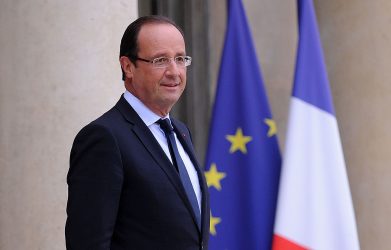
The French political scene is dotted with cult sentences which, beyond their immediate impact, have often revealed whole sections of the personality of their authors or the ironies of their journey. Here are eight of these emblematic sentences, accompanied by a context that highlights its richness and sometimes contradictions.
“Me President of the Republic, I will make sure that my behavior is at every time exemplary. »»
This promise of François Hollande, made during the presidential debate of 2012 against Nicolas Sarkozy, seemed to announce a presidency under the sign of integrity and dignity. However, the Infidelity affair of François Hollande with Julie Gayet, to the detriment of her partner at the time, Valérie Trierweiler, showed the limits of this exemplarity in the personal field, causing a shock wave in opinion public and tainting the image of the president.
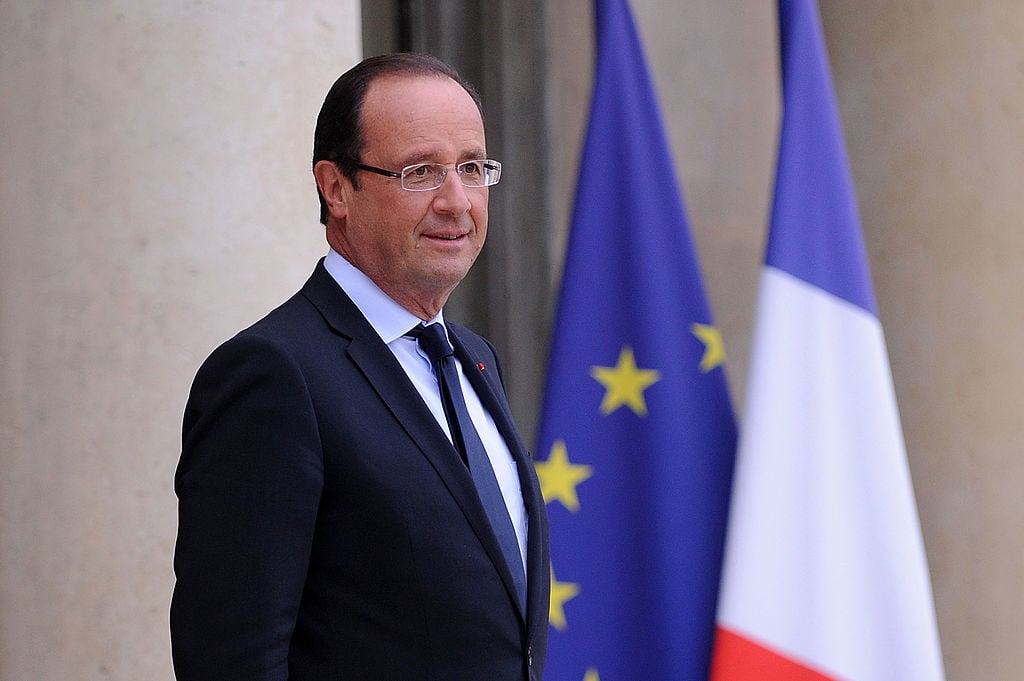
" Work more to earn more. »»
Symbol of the 2007 presidential campaign of Nicolas Sarkozy, this sentence was supposed to embody the call for work value and individual effort. However, economic reality and criticism of the real effectiveness of the measures taken to encourage overtime have raised questions about the feasibility and fairness of this proposal, illustrating the difficulties in translating slogans into concrete public policies.
"I decide, he executes. »»
This sentence, although it has not been publicly pronounced by Jacques Chirac, is often attributed to him to describe his vision of the relationship between the president and his Prime Minister. It perfectly illustrates the style of leadership of Chirac, affirming the primacy of the presidency in the V e Republic, but it also reveals an approach sometimes deemed authoritarian of governance.
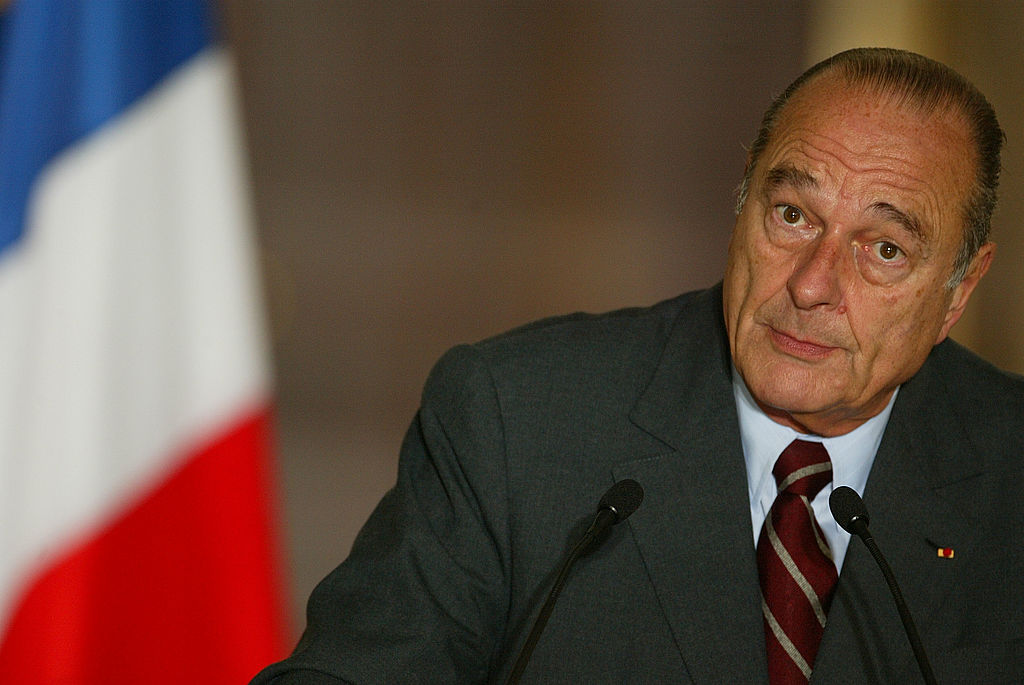
"Bravity. »»
During a visit to the Great Wall of China in 2007, Ségolène Royal invented the word "Bravitude" to rent the courage of the builders of the wall. If this linguistic creation has been mocked, it has however shown a certain audacity and a desire to stand out characteristics of the atypical presidential campaign of Royal.

" I am asking you to stop. »»
Quietly pronounced by Edouard Balladur in the face of angry demonstrators, this request illustrates the phlegm and the distance which he sought to maintain with the political tumult. However, it was also interpreted as symbolic of a certain disconnection with the real concerns of the French, contributing to the image of a politician behind the realities on the ground.
"I'm going to make you run the redhead there you're going to see! »»
This barely veiled threat, addressed by Jean-Marie Le Pen to a political opponent, captures the essence of his combative style. It testifies to its propensity for provocation and verbal aggressiveness, central elements of its strategy to galvanize its voters, but also sources of many controversies.
"Stop pissing off the French. »»
Famous sentence by Georges Pompidou addressed to her ministers during a speech, she translates her desire to simplify the lives of citizens in the face of an invasive bureaucracy. It reveals an awareness of the limits of the Providence State and a desire to refocus government action, while showing Pompidou in a pragmatic day and close to the concerns of the French.
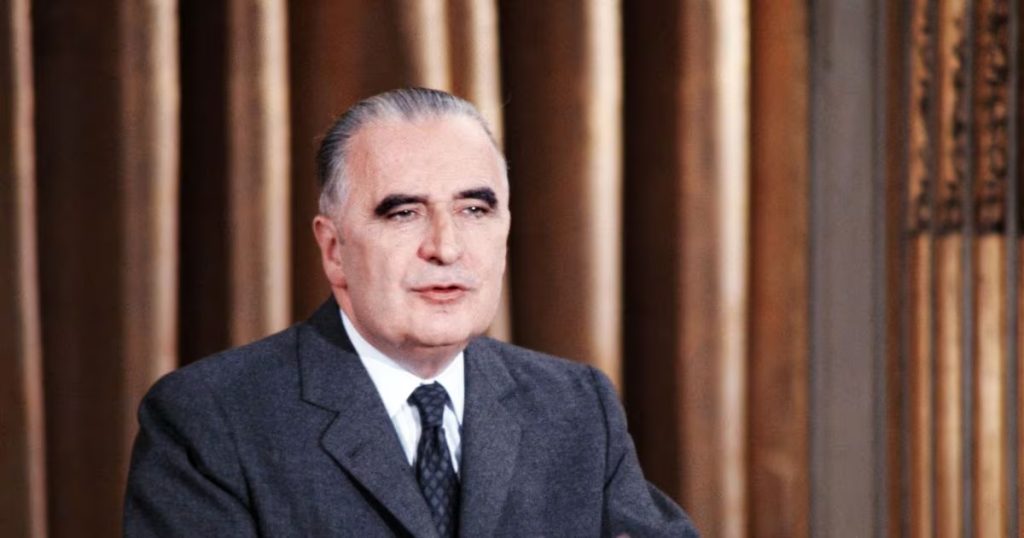
"You don't have a monopoly on the heart. »»
This memorable replica of Valéry Giscard d'Estaing to François Mitterrand during a televised debate in 1974 symbolizes the intense political rivalry of the time. It illustrates the ability of Giscard d'Estaing to use argumentation and verb to stand out, while emphasizing the competitiveness and sometimes acrimony that can characterize political jousts.
Each of these sentences, in its own way, helped shape the French political landscape and to note the complexities, paradoxes and ambitions of those who pronounced them.

IRS warns that trying to reduce your tax bill puts you at the risk of paying much more
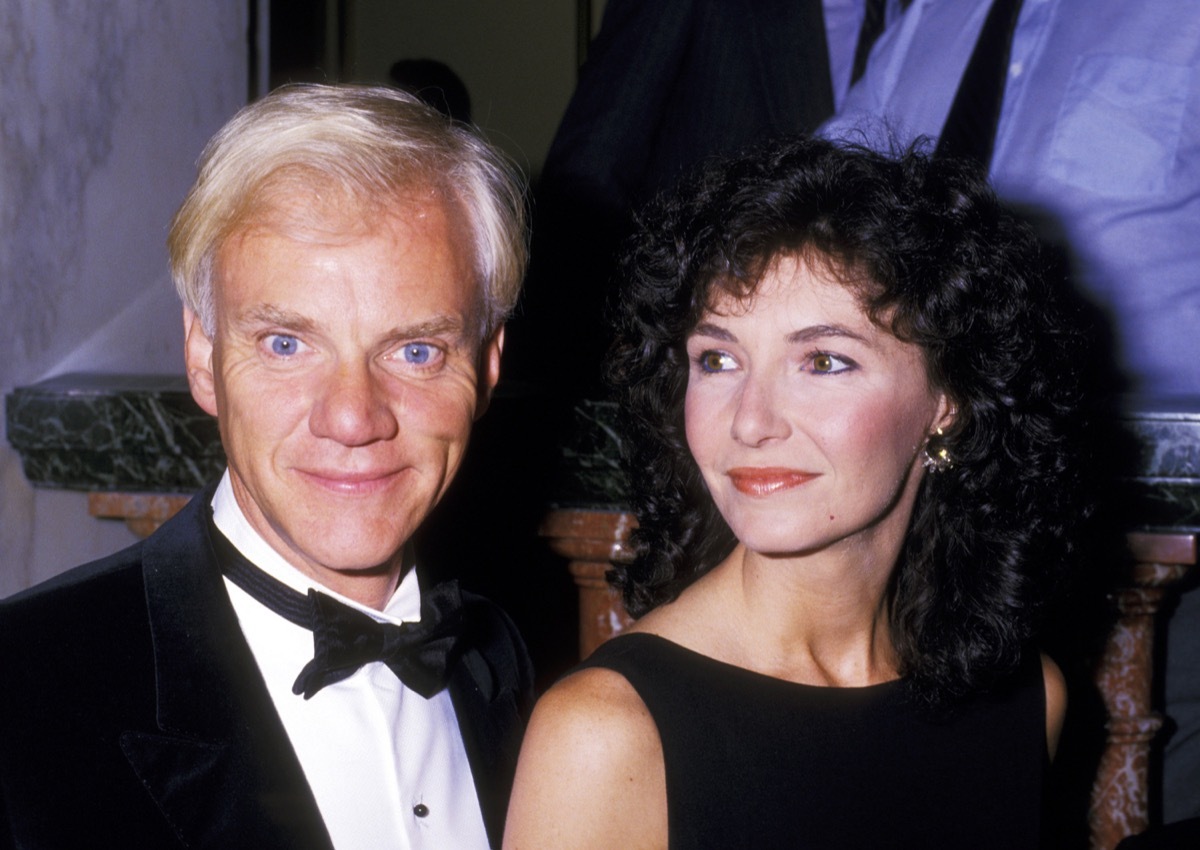
See Mary Steenburgen and the son of Malcolm McDowell now
